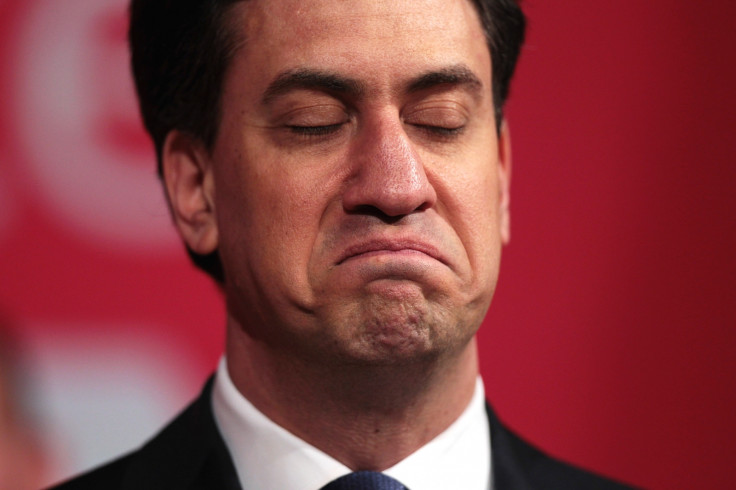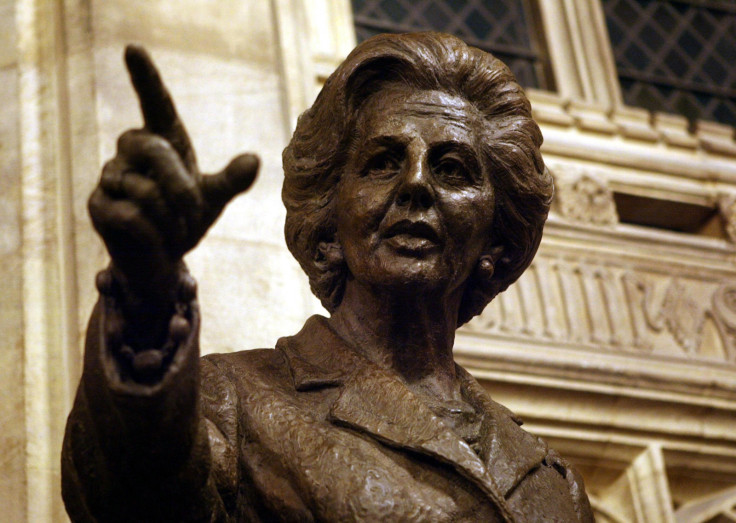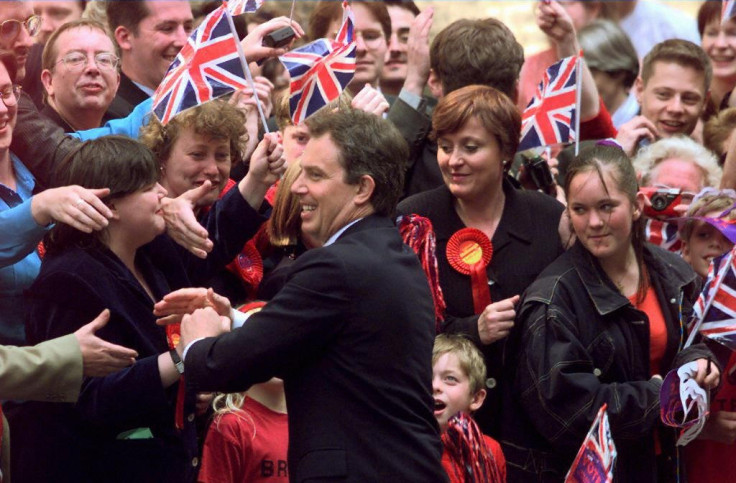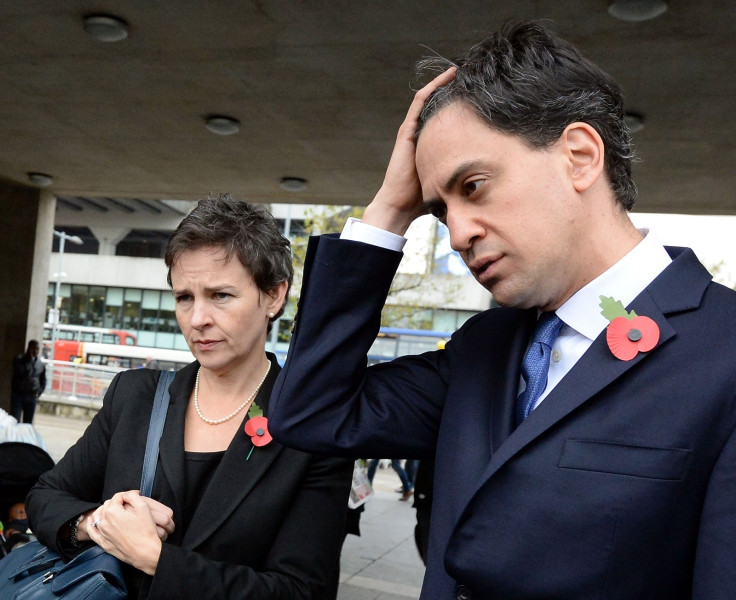William Keegan: Death of the Labour Party is greatly exaggerated

The aftershock of the unexpected British election result will be with us for months. My ears are still ringing with the rationalisations of pundits who claim that although they did not forecast the result, they really knew!
Then there are the post-mortems and recriminations going on in the Labour Party, and the commentators who argue that this is the biggest defeat for Labour in its history, possibly indicating its final demise.
We have been here before. The Labour Party was supposedly in mortal danger in the 1930s, after the collapse of its economic policy in 1931, when the pound had been fatally overvalued via its link to the Gold Standard. Yet Labour was returned to power triumphantly in 1945, defeating a Conservative Party led by wartime hero Winston Churchill.
Led by Margaret Thatcher, the Conservatives trounced Labour in 1979, and again in 1983. Funeral rites were once again invoked. It was a long haul, but Labour eventually regained power under Tony Blair in 1997, and under Blair's leadership, proceeded to win again in 2001 and one more time in 2005 .

Which brings us to one of the most prominent themes of the present round of post-mortems : The Labour Party, according to some, needs once again to become "Blairite". After all, did not Tony Blair, with his appeal to 'Middle England' win three elections in a row - an unprecedented feat for a Labour prime minister?
Well, yes - but a little perspective is required. The leader who really 'sorted out' the Labour Party after its humiliation in 1983 was Neil (now Lord) Kinnock, who bravely took on the extreme left wing that had been so disruptive to Labour's electoral appeal.
In 1983 Labour had campaigned on a platform advocating exit from the European Union, nuclear disarmament, and import controls. This was dubbed by one Labour MP, Gerald Kaufman, as "the longest suicide note in history."
Kinnock, and the leader who succeeded him but died prematurely, John Smith, did the hard work and Blair inherited a much more electable Labour Party.
By 1997 the Conservatives were in such bad shape and so unpopular that one of its most respected statesmen, Kenneth Clarke, who had been Chancellor of the Exchequer from 1993 to 1997, joked that Labour could have won with a monkey as leader.

Nevertheless, it has to be acknowledged that Blair had enormous electoral appeal, and the size of Labour's majority at the time was undoubtedly boosted by his charisma.
Under Blair great things were being done to repair Britain's run down public sector, not least to the Health Service, and this was widely appreciated.
By 2005, however, the charisma had worn off, due mainly to Blair's support of US President George W. Bush's invasion of Iraq.
Blair had become deeply unpopular. It was not just his support; it was the way he connived at the Bush administration's misrepresentation of the existence (or otherwise) of weapons of mass destruction in Iraq. Not to put too fine a point upon it, the British people concluded that their prime minster had deceived them and their Parliamentary representatives.
Something that has been largely forgotten, but not by some of us, is that things were going very badly for Labour during the 2005 election campaign until Chancellor Gordon Brown was called to the rescue. So, reminiscences of the putative wonders of Tony Blair need to be taken with several pinches of salt.
Ed Miliband, who has stepped down from the Labour leadership, may have been humiliatingly defeated but, as has been well aired, there were many factors involved.

Suggestions that he was "too left wing" do not fit well with the poll findings in Scotland that he was "not left wing enough" - a perception that the Scottish National Party was able to capitalise on triumphantly.
Miliband is considered by those conducting the post-mortems to have made a mistake by criticising the excesses of capitalism.
In fact, the polls show that this may not have gone down well with the voluble Business and City of London leaders whose views were prominently reported by the Conservative Press.
Despite that, the polls showed that Miliband's views were much more popular with the wider electorate. His mistake was to somehow or other forget his earlier concerns with "the squeezed middle". It should be perfectly possible for his successor - who under Labour Party procedures may take some time to emerge - to combine traditional Labour values with a broader appeal to Middle England.
Also, when this country wakes up to the implications of the savage cuts that the Conservatives are now planning for the public services, it is highly likely that the electorate will not be so keen on the Conservatives in 2020 as they have been this year.
In my view, reports of the death of the Labour Party have been much exaggerated.
William Keegan is a journalist, academic, and the senior economics commentator at The Observer. He has published his latest work – Mr Osborne's Economic Experiment - Austerity 1945-51 and 2010 (published by Searching Finance) – which can be purchased on Amazon.
© Copyright IBTimes 2025. All rights reserved.






















